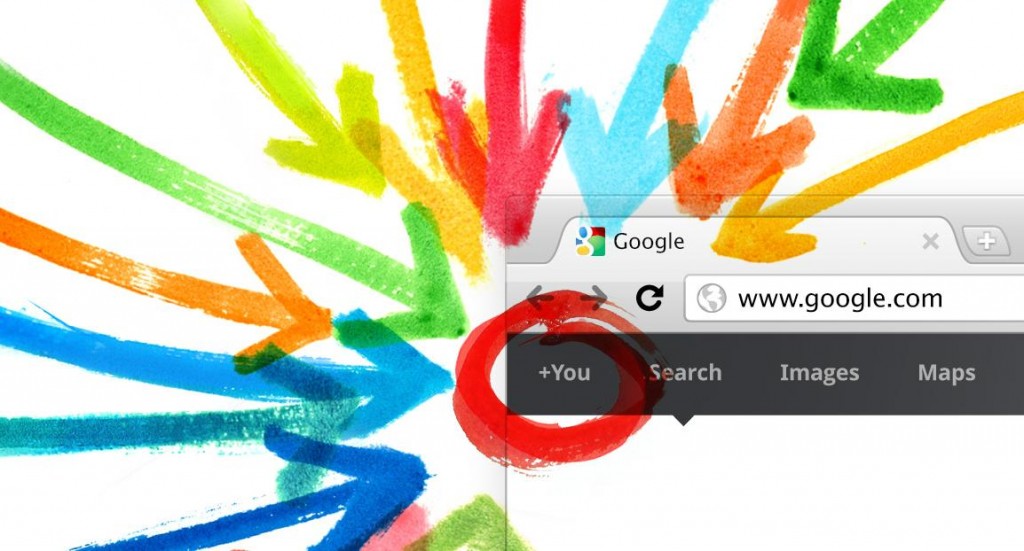 Larry Sanger, the co-founder of Wikipedia, wrote a wonderful piece on the rise of a new geek anti-intellectualism. The essay sparked much discussion and Sanger has done a terrific job responding to comments and even offering a thoughtful follow-up piece. However, I would like to write a short critique on a couple of points that have yet to be addressed.
Larry Sanger, the co-founder of Wikipedia, wrote a wonderful piece on the rise of a new geek anti-intellectualism. The essay sparked much discussion and Sanger has done a terrific job responding to comments and even offering a thoughtful follow-up piece. However, I would like to write a short critique on a couple of points that have yet to be addressed.

First, I have to mention that contemporary anti-intellectualism was really my first academic interest, spurred in 2000 when I heard that Al Gore lost debates to George W. Bush because Gore “sounded too smart.” Hyper-focused on epistemology (the philosophy of knowledge) at the time, it was learning about the differences between Wikipedia co-founders Larry Sanger and Jimmy Wales that first got me interested in technology as a topic of research. Sanger, himself having an epistemology background, wanted Wikipedia to have a component of expertism on the site. When that was rejected he left and started the Citizendium project. At war are two epistemologies: one based in populism and the other expertism (though, this conceptualization is far too simplistic, it will have to do for this short post). more...







 As the 2012 presidential race ever so slowly gains momentum it remains clear that social media will be influencing elections for a long time to come. In the long run, does the shift towards social media campaigning change who is perceived to be a legitimate candidate? If so, social media might change who wins elections and therefore changes how we are governed. Avoiding [for now] the issue of whether social media has inherent tendencies towards the left or right, what I want to ask is: opposed to old media, does new media benefit political underdogs and outsiders?
As the 2012 presidential race ever so slowly gains momentum it remains clear that social media will be influencing elections for a long time to come. In the long run, does the shift towards social media campaigning change who is perceived to be a legitimate candidate? If so, social media might change who wins elections and therefore changes how we are governed. Avoiding [for now] the issue of whether social media has inherent tendencies towards the left or right, what I want to ask is: opposed to old media, does new media benefit political underdogs and outsiders?